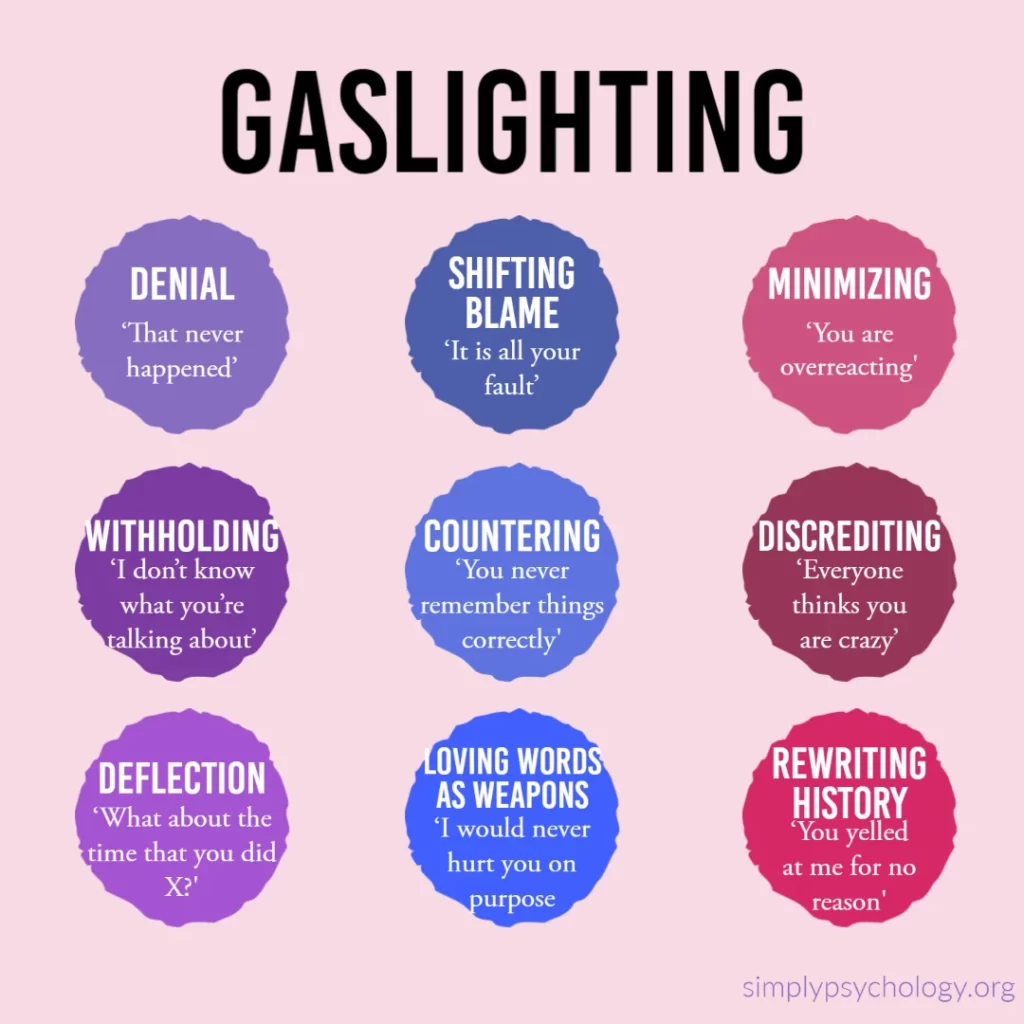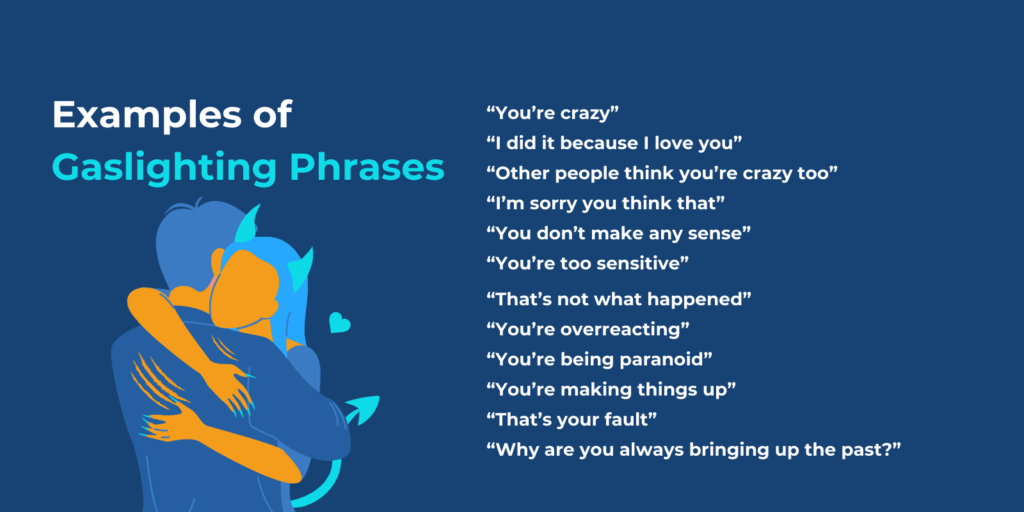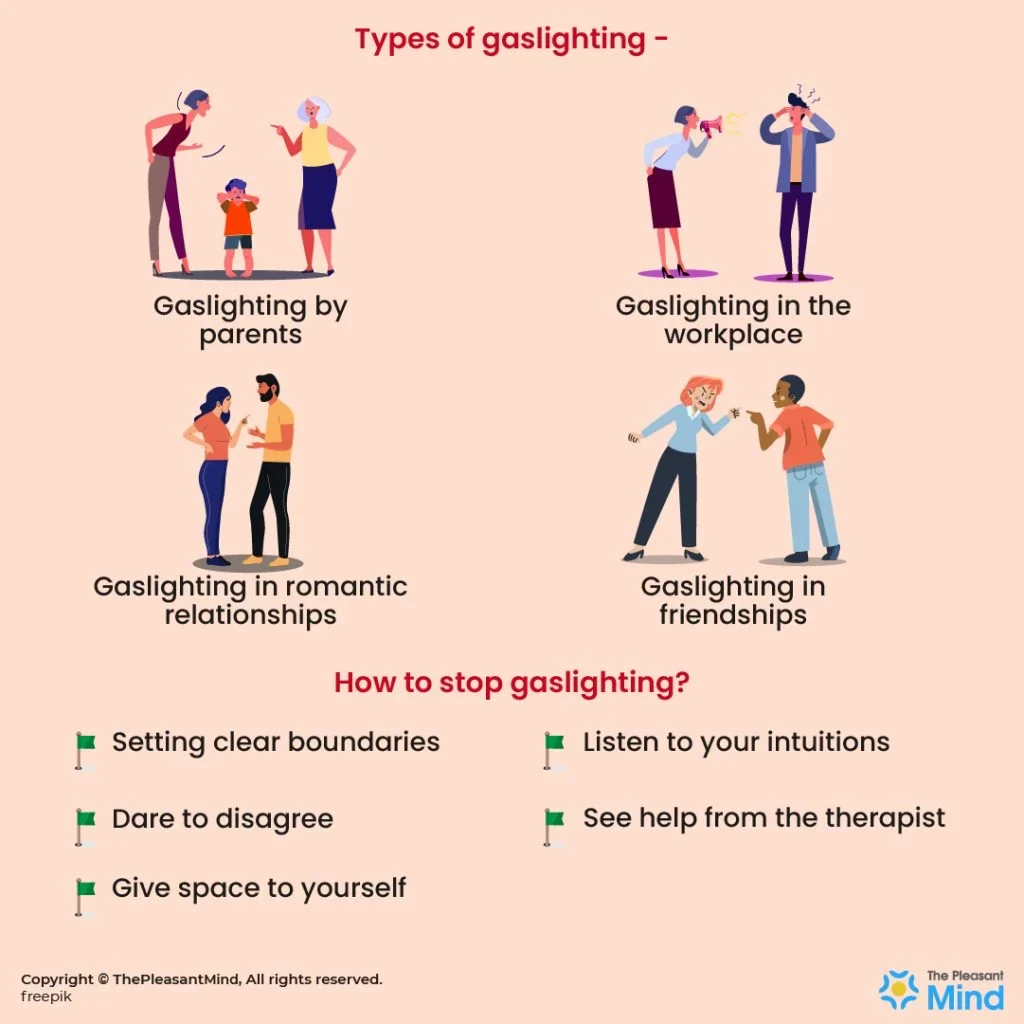
In our daily lives, we often encounter people who try to deceive us or take advantage of us. Gaslighting, one of the most common forms of manipulation, can occur in various settings such as work, family, or even in education. Gaslighting often disguises itself as an apology, but it’s important to distinguish between a genuine apology and a manipulative one.
A genuine apology acknowledges fault, whereas a gaslighting apology includes a “but” followed by a sentence that shifts blame onto you. This subtle manipulation can make you feel responsible for fixing the problem, even when you’re the victim. Over time, this erodes your confidence and makes you hesitant to share your concerns, whether it’s at work or in your personal relationships. In my working environment, gaslighting is unfortunately a constant occurrence, particularly from the parents of my students.

As an educator, I am dedicated to implementing a variety of effective teaching techniques, including Constructivism, Education 4.0, Montessori, Problem-based learning, Multi-sensorial approaches, and Hyper imagery. These methodologies provide me with a diverse range of tools to facilitate natural and long-lasting learning experiences for my students. I firmly believe that education should go beyond mere memorization and regurgitation of information. After all, as a parent, you surely wouldn’t want your child to forget what they’ve learned within a few hours, rendering the time and money invested in their education futile.
However, despite my repeated explanations, I often encounter parents who fail to comprehend my approach and instead attempt to place blame on me. They engage in relentless gaslighting, comparing my work to that of other schools or criticizing the curriculum I use, believing the fact a garage school how only teach few word is better than more than 15 years as a teacher, scientist and researcher as I am. The irony is that, upon examining their suggested school curriculum, I can see firsthand that it is subpar, built by individuals who possess little understanding of effective educational practices.

I even did videos showing most of schools in Japan barely have 1 page of curriculum, when the English speaker countries has more than 40 pages for the same grade.
It becomes evident that such a curriculum will undoubtedly hinder their child’s ability to learn and develop. To further support my arguments, I had over a hundred interviews in both Japanese eikawas and international schools, including renowned institutions. When I inquire about the methodologies employed or the presence of a syllabus and curriculum aligned with national guidelines, I am met with profound silence or nonsensical responses, when the interview abruptly ends.
It astounds me that they expect me to adhere to such illogical practices. What frustrates me the most is their inability to comprehend that repetition alone is ineffective in today’s educational landscapes, specially with ADHD/ASD students.
They insist on subscribing to a surface-level education system that focuses on memorizing a few words for school presentations, completely disregarding the kid’s needs for a special and well designed education. It feels as though I am speaking to a brick wall, as their resistance to understanding the importance of innovative methodologies and meaningful educational practices remains steadfast. The Impact: Gaslighting can have a profound impact on our well-being, causing emotional distress, self-doubt, and a loss of confidence. It undermines our ability to trust our own perceptions and judgments. The constant manipulation can create a toxic environment where we second-guess ourselves and become trapped in a cycle of self-blame.
Strategies for Finding Balance:
1. Trust your instincts: If something feels off or manipulative, trust your gut. Gaslighting often relies on making you doubt your intuition.
2. Document incidents: Keep a record of instances where gaslighting occurs. This can help you recognize patterns and provide evidence if you need to address the issue later.
3. Seek support: Share your experiences with trusted friends, family, or a therapist. They can offer an objective perspective and provide emotional support.
4. Distance yourself emotionally from the occasion : when someone directly accuses you, imagine they are talking about a third person. Do not internalised bad feelings before to a real critical thinking
Cultivating a Well-rounded Approach:
1. Practice self-care: Prioritize your well-being by engaging in activities that promote relaxation, self-reflection, and self-compassion.
2. Build a strong support network: Surround yourself with positive, uplifting individuals who encourage and believe in you.
3. Set boundaries: Establish clear boundaries with individuals who engage in gaslighting behavior. Communicate your expectations and consequences if those boundaries are crossed.

Gaslighting is a manipulative tactic that can negatively impact our mental health and relationships.
Mistakes can not be justified with another mistakes.
By avoiding accusatory language and embracing sincere apologies without double standards, we can create healthier dynamics within our families. Remember to be mindful of gaslighting techniques, understand the impact it can have on your well-being, and implement strategies to find a healthy balance. By prioritizing open communication, self-trust, and self-care, you can navigate gaslighting situations with greater confidence and resilience.
Written by iProf EVO


